Indians head to poll in New Delhi amid persisting protests against citizenship law
Indian voters in the nation’s capital of New Delhi have voted in a local poll widely viewed as a popularity test for right-wing nationalist Prime Minister Narendra Modi after months of anti-state rallies against a discriminatory citizenship law.
The election on Saturday came amid stagnant economic growth – the slowest in six years – as well as the persisting opposition to the new law that encourages only non-Muslim minorities from neighboring countries to seek Indian citizenship.
The law has provoked broad suspicion across the populous South Asian country that Modi intends to turn India into a Hindu nation, although he denies the notion.
Deadly anti-government protests erupted nearly two months ago that left at least 25 protesters killed across the country after the BJP passed a new citizenship law that critics insist violates India’s secular constitution and discriminates against minority Muslims.
In Shaheen Bagh, a working-class, majority-Muslim area of southeast Delhi, protesters - before the elecitons - had blocked a major road for months, demanding the repeal of the citizenship law.
BJP workers and leaders had focused on the site in their neighborhood meetings and election rallies, attempting to discredit Muslim protesters by accusing them of being aligned with India’s arch-rival Pakistan.
This is while the prime minister appealed to his supporters in a Twitter post to exercise their franchise, writing: “Urging the people of Delhi, especially my young friends, to vote in record numbers.”
The election is currently underway for 70 legislative seats and the outcome is due to be announced on February 11.

The electoral campaign to win the New Delhi poll is between Modi’s Hindu-nationalist Bharatiya Janata Party (BJP) and incumbent Chief Minister Arvind Kejriwal’s regional Aam Aadmi party (AAP).
While the AAP has highlighted its work over the past five years to improve state schools and healthcare in the huge city of more than 16 million people, the BJP has focused its efforts on the policies of Modi’s federal government.
Since its re-election last May, the BJP has appealed to the party’s Hindu base, changing a sensitive law in the Muslim-majority Kashmir region.
A court ruling has also facilitated construction of a Hindu temple on a long-disputed site in northern India that used to be a mosque.
A weak showing in the New Delhi election could spell yet another defeat for the BJP after it lost control in late 2019 of the Maharashtra state, whose capital is Mumbai.
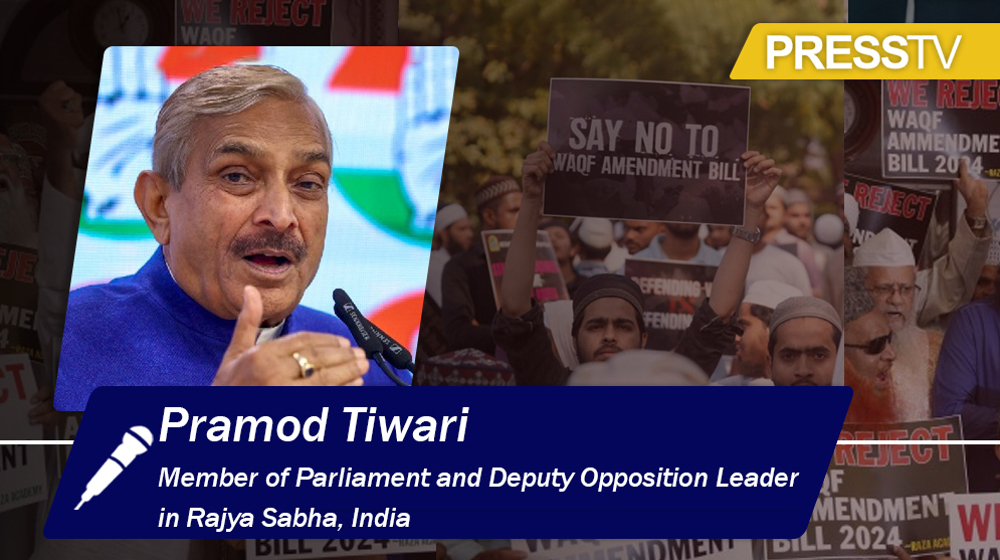
Waqf Bill not just an attack on Indian Muslims but on India’s constitutional fabric: MP
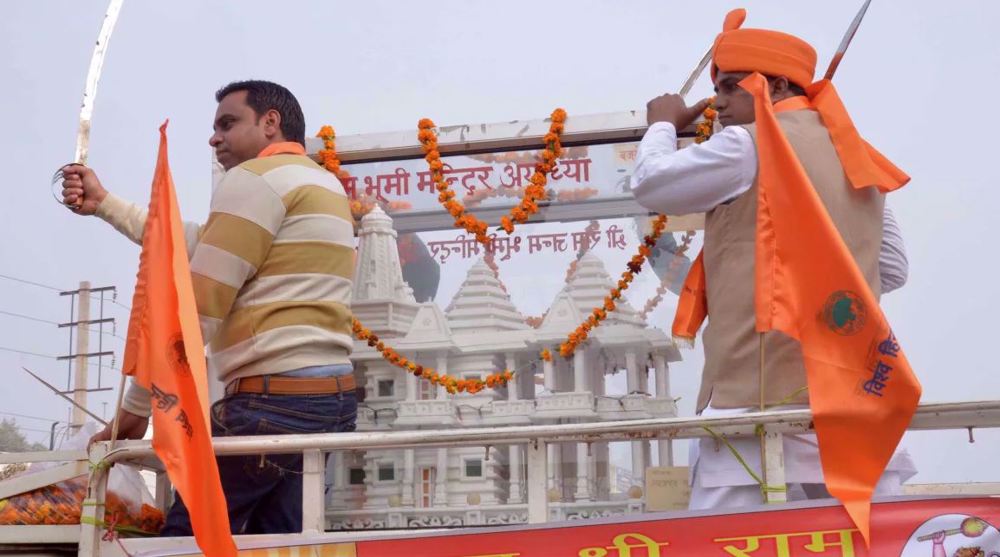
Bill to seize mosques in India gains presidential assent
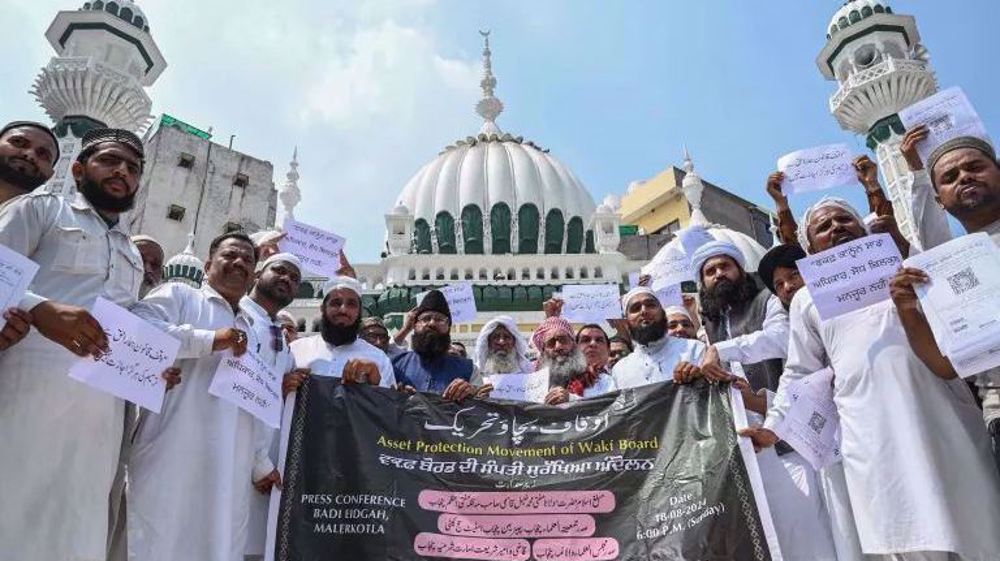
Indian parliament passes bill seen as step to seizure of mosques
Iranian FM submits Leader’s written message to President Putin
Israeli minister: Troops to remain in Gaza, Lebanon, Syria ‘indefinitely’
Iran takes four countries to World Court over 2020 downed jet
Advocacy group files war crimes case in US against Israeli soldier
Israel secures 6-month delay in Gaza genocide case at ICJ
Houthi says US encouraging Gaza genocide, calls for arming Palestinians
VIDEO | Press TV's news headlines
Remembering Abdel Aziz Al-Rantisi, Hamas co-founder and ‘Lion of Palestine’







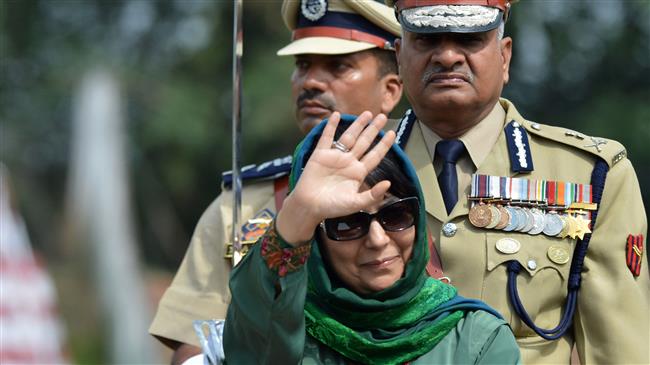
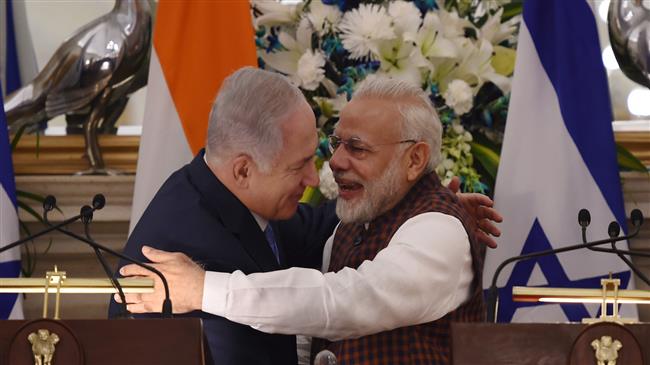
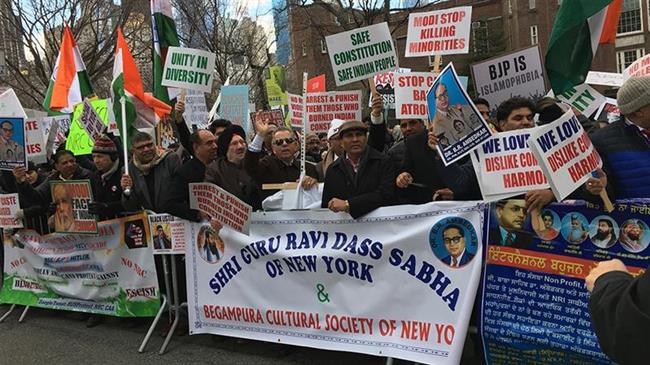
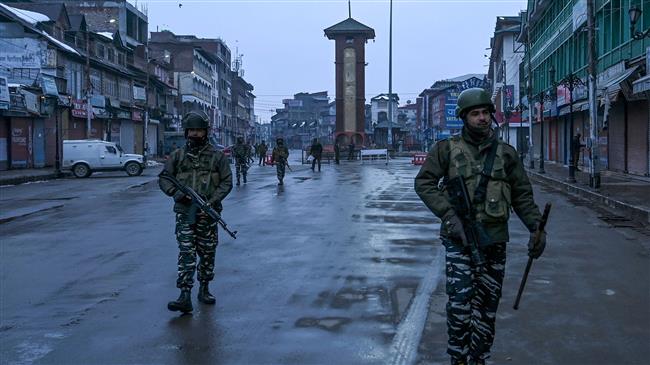

 This makes it easy to access the Press TV website
This makes it easy to access the Press TV website